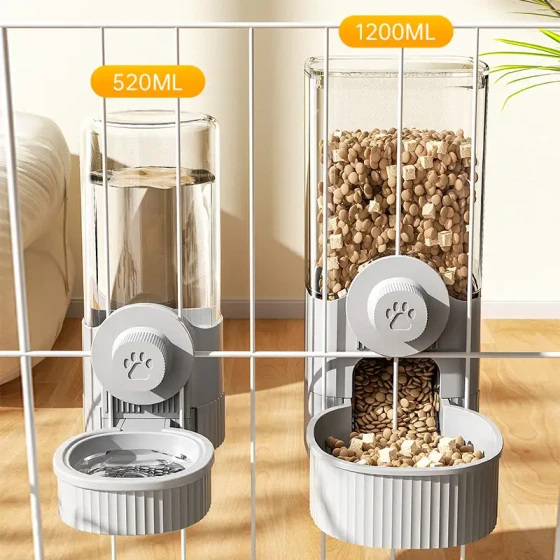How to regularly feed deworming medicine to puppies?

Dog Deworming Medicine
Puppy deworming medicine is essential for pet care. When the puppy is young, it is necessary to deworm the puppy properly. To ensure the puppy grows healthily, all owners should clearly understand the feeding methods for puppy deworming medicine!
Puppies at 2 to 3 months old often experience diarrhea. This symptom is usually caused by internal parasites such as roundworms, hookworms, tapeworms, and coccidia. Because puppies have narrow intestinal tracts and relatively large numbers of parasites like roundworms, this leads to diarrhea, weight loss, and in severe cases, vomiting worms. Worm eggs can be found in the stool. Some puppies may develop intussusception or rectal prolapse. Using deworming medicine can kill the internal parasites in puppies. Commonly used drugs include fenbendazole and levamisole, administered orally at 1 tablet per 5 jin of body weight once daily for 3 consecutive days, effective against roundworms, pinworms, and hookworms. Mebendazole is effective against roundworms, pinworms, hookworms, whipworms, and nematodes.
Compound mebendazole (Quick-acting intestinal worm cleaner) is formulated by combining mebendazole with levamisole hydrochloride and is taken as a single dose of 2 tablets. However, some dogs experience bloody stools for unknown reasons. Praziquantel can treat tapeworm infections and is given orally at 10-20 mg per kg of body weight as a single dose. Pregnant dogs are best not to take mebendazole or "two tablets." To treat internal parasites, ivermectin (Haohuomie) can also be injected subcutaneously once, with dosage following veterinary advice. For trichomonas, antiprotozoal drug metronidazole can be chosen. Sulfonamides can only prevent coccidiosis, while treatment of coccidiosis can be done using amprolium hydrochloride.

-560x560.webp)

